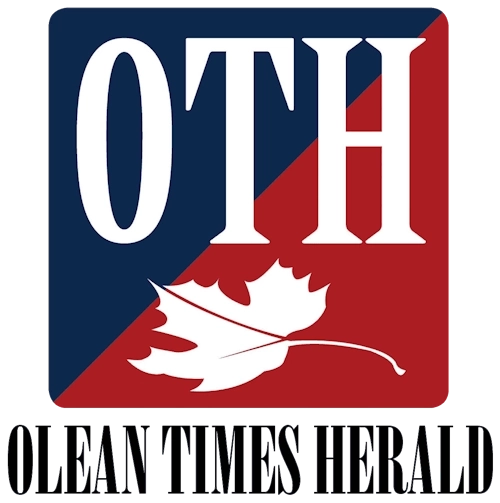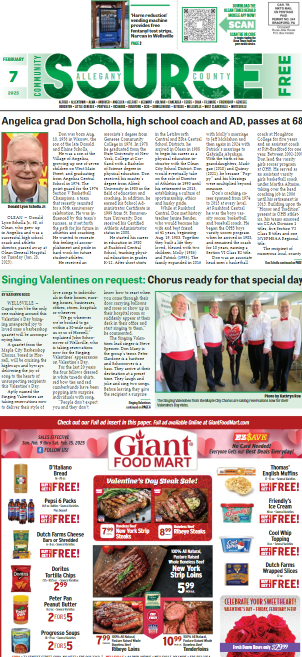Emily Speckman of Allegany explores a slot canyon in the American Southwest. She was a Dean's Medalist in earning her degree in earth and environmental sciences from Arizona State University and now embarks on a master's program at a Canadian university.
Provided
Local News, News
June 18, 2025
State & Union: Allegany-Limestone grad and science student earns academic honors at Arizona State
When Emily Speckman graduated from Arizona State University summa cum laude with a bachelor’s degr...







